Terry Riley - Autodreamographical Tales (2010)
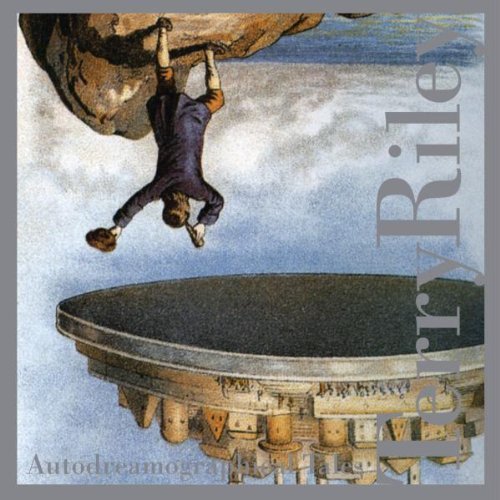
Artist: Terry Riley
Title: Autodreamographical Tales
Year Of Release: 2010
Label: Tzadik
Genre: Modern Classical, Avant-Garde
Quality: FLAC (tracks+.cue,log)
Total Time: 01:16:04
Total Size: 349 Mb
WebSite: Album Preview
Tracklist: Title: Autodreamographical Tales
Year Of Release: 2010
Label: Tzadik
Genre: Modern Classical, Avant-Garde
Quality: FLAC (tracks+.cue,log)
Total Time: 01:16:04
Total Size: 349 Mb
WebSite: Album Preview
01. Dwarf 2:20
02. Long Bus Ride 1:41
03. See Them Out There 2:20
04. The Miracle 1:51
05. Zuchinni 3:02
06. Black Woman 3:50
07. The Faquir 7:09
08. The War On The Poor 4:27
09. The Hook 1 1:42
10. The Royal 88 8:32
11. A Dervesh In The Nursery 13:50
12. The Hook 2 1:32
13. The Ecstasy 4:33
14. Turning 4:13
15. The Hook 3 1:49
16. Ebony Horns 9:43
17. We Will Meet Again 3:31
Performers:
Terry Riley - Piano, All Instruments, Voice
Tzadik's Terry Riley: Autodreamographical Tales brings together two works, recorded 10 years apart: the title work, Autodreamographical Tales (1996) and The Hook Lecture (2006). On both pieces, Riley plays everything, making deft, hip use of digital sampling and audio collage in the first work and playing piano in the second. But what is unusual about this disc is that Riley also makes extensive use of his own voice, a surprising change for a performer who was noted for his silence on that front in concerts, speaking only at the beginning to explain that "there is nothing recorded on this tape machine that you see. It is used to create a delay and all of the music you will be hearing I will be playing live." Riley's Autodreamographical Tales derives from a dream diary Riley began to interact with musically, carrying the dream's content into a whirlwind of sampled sound beds and even singing a little. It takes a minute to get used to Riley's singing, but it has a lot of variety and interest in tonal color for a fellow who doesn't sing much; perhaps this shouldn't be too surprising given Riley's strong connection to legendary Indian vocalist Pandit Pran Nath, his settings of poetry by Michael McClure, and his Uncle Jard, where the saxophone quartet is also required to sing a little bit. However, it is the speaking that communicates the most; the topics of his texts are very personal and his delivery quite personable, informal, and unselfconscious. Riley dreams about things you might expect him to dream аbout: milliseconds of delay time, concerts, the charisma of a conductor, musical intervals become like characters in the story. The Hook Lecture uses the commentary to link together several piano pieces that are alternately in the style of Bill Evans or more Riley's own minimalistic style; the suite concludes with an account of Evans' We Will Meet Again. This is the most generous example of Riley's piano playing that we've had since New Albion's 1995 release Lisbon Concert, and in his electronic keyboard playing it's the nature of the beast that we can't really hear Riley's keyboard chops; here, Riley not only shows that he still has them, but also gives voice to his personal connection to Evans, who likewise influenced the British minimalists.
DOWNLOAD LINKS
![David Hillyard & The Rocksteady Seven - Home For Dinner (2026) [Hi-Res] David Hillyard & The Rocksteady Seven - Home For Dinner (2026) [Hi-Res]](https://img.israbox.com/img/2026-02/19/i90pm6wt5icib19ylzpzq7dyv.jpg)

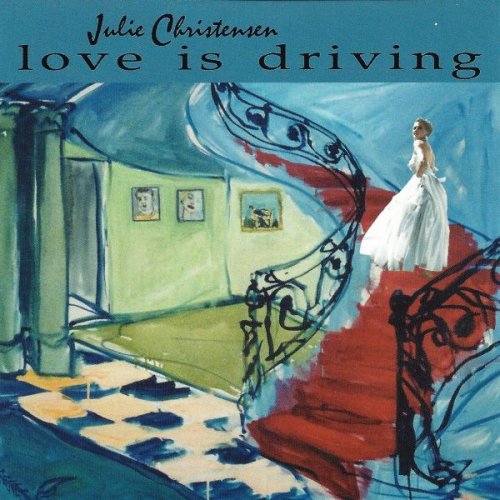
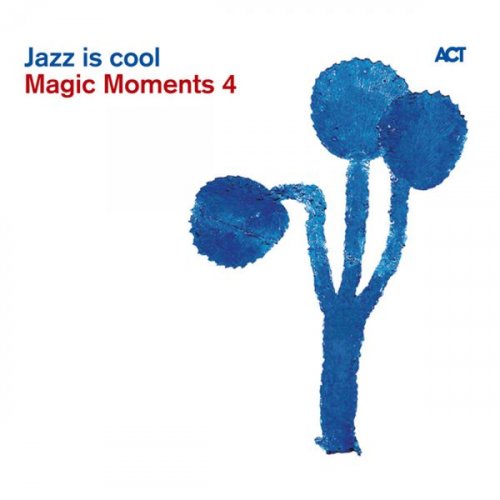
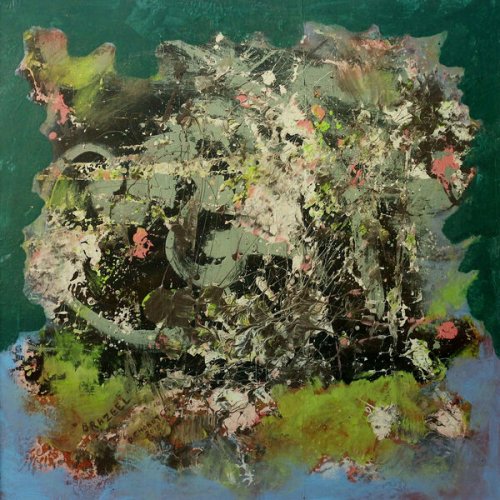
![Joe Pass - Virtuoso (1974) [2025 DSD256] Joe Pass - Virtuoso (1974) [2025 DSD256]](https://www.dibpic.com/uploads/posts/2026-02/1771609997_ff.jpg)
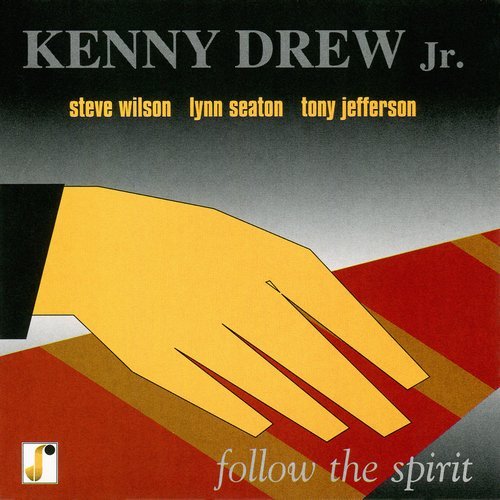

![Dominique Fils-Aimé - My World Is The Sun (2026) [Hi-Res] Dominique Fils-Aimé - My World Is The Sun (2026) [Hi-Res]](https://www.dibpic.com/uploads/posts/2026-02/1771404623_folder.jpg)